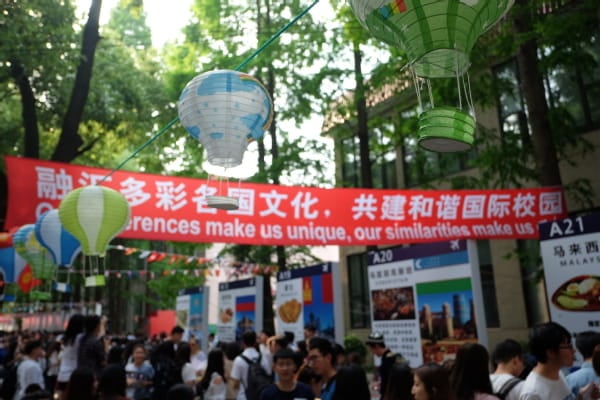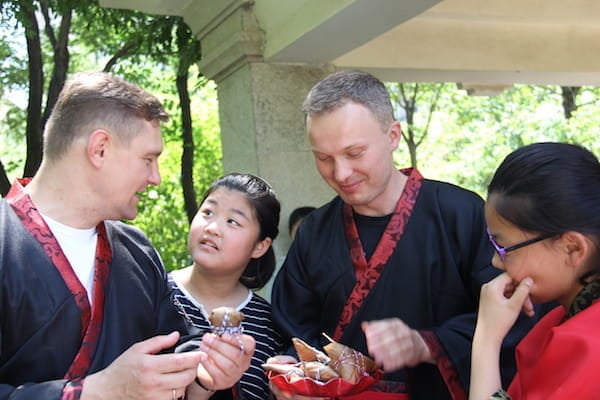
Photo: Foreign Teacher at Bohai University in Jinzhou, Liaoning Province
When it comes to international assignments in China, first-tier cities like Beijing and Shanghai are among the most common host cities. In fact, these and other locations, such as Qingdao and Xiamen, have high marks among expats.
Increasingly, employees on international assignment are finding a home in what are known as China’s third-tier cities. A number of factors, such as gross domestic product, foreign investment and residents’ incomes, determine a city’s tier. While first-tier cities like Shanghai and Beijing are still prevalent destinations for assignment, third-tier locations like Baoding are growing in popularity.
The difference between tiers
First-tier cities grab the most attention, but the smaller locations are starting to make a name for themselves, CNBC reported. These cities are heavily populated, and many businesses are moving closer to these areas to take advantage of the available labor and beneficial customer base. With these factors in mind, it’s no surprise that there is a growing expat population in third-tier cities.
One of these individuals, a 27-year-old expat from the U.S., told the Global Times he felt “like an animal at a zoo” when wandering around Baoding because the local residents weren’t accustomed to seeing foreign nationals.
“Can you imagine Chinese people constantly yelling ‘hello’ at you every single day for three years?” he asked. “Sometimes, I even dread [going out] to do something as mundane as going shopping for groceries.”
While this could present some difficulties for employees on international assignment, there are some benefits to working in an area with a smaller expat presence.
The pros and cons of third-tier cities
While it can be exhausting to be seen as an exotic person for days on end, living in one of China’s third-tier cities could give employees a greater opportunity to immerse themselves in the local culture. Baoding lacks Starbucks and other western commodities, which encourages expats to try more local cuisine and retailers.
Another benefit is the quieter setting, as these locations lack the hustle and bustle of the larger cities.
However, these benefits are not to say third-tier cities don’t come with challenges. The language barrier is prevalent. For example, an Australian expat told the Global Times he had to noticeably improve his Chinese skills to obtain a motorbike license. Additionally, he had a hard time making close friends with local residents even after learning more of the language.
Considering costs of living in third-tier cities
While social life and familiar amenities are important, expenses are a major consideration of any relocation. If employees want to find an environment that accommodates English speakers in China, they’ll have to pay more for that benefit, according to China Briefing, the publication of advisory firm Dezan Shira & Associates. Furthermore, cities in the lower tiers tend to become more expensive as their expat populations increase.
For now, employees can find many bargains in third-tier cities. The cost of living is noticeably more affordable, and expats are often able to visit first-tier cities after a short trip. Baoding, for instance, is close to Beijing.
Whether certain employees are cut out for third-tier cities is a subjective matter. If they know the language or are willing to learn and embrace the culture, these locations can be a viable option. On the other hand, if they aren’t staying long or want to hang on to their western lifestyles, they’ll likely be more comfortable in a first-tier city.



